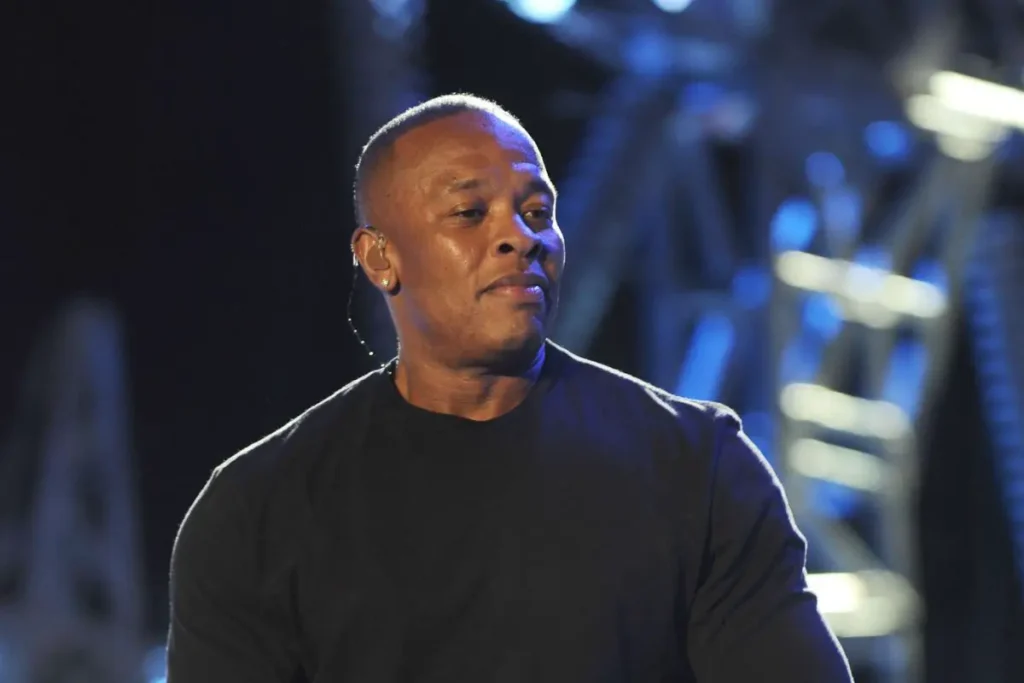
Producer Focus…Debunks Claim Uber Driver Sent Passenger’s Songs To Dr. Dre

A story claiming an Uber driver sent one of his passenger’s tracks to Dr. Dre has been debunked.
On April 22, an Instagram post started making the rounds that perpetuated the ridiculous claim. The caption read, “Bro told his Uber driver he makes music. The driver replied, ‘I’m not your average Uber driver,’ played his songs, then called Dr. Dre and sent him 3 tracks.”
The post was accompanied by a clip of the driver, “Rick,” allegedly calling Dre, who tells him he can’t listen to them at that moment because he was “rollin’.”
But earlier this week, renowned producer Focus…, who has plenty of credits with Dr. Dre, hopped in the comment section of the post. To Focus…., the use of the word “rollin’” was the first clue it wasn’t the real Dr. Dre. He wrote, “That ain’t Dre. I’m rollin!?!? Trust me. That ain’t Dre.” He added four laughing emojis to reiterate just how ridiculous he thought the entire interaction was.
Little Brother MC Rapper Big Pooh got a good chuckle in as well, adding four laughing emojis of his own. Of course, there were several other jokes, including one person calling him the “Temu Dre.” But there was also a healthy mix of people who actually believed the man’s claim.
View this post on Instagram
There are a plethora of reasons why people lie on social media—mainly, clout.
According to a study by the University of Georgia, lying is a way to boost social value and self-esteem in an effort to change how others perceive someone. People often want to appear more attractive, successful or interesting to gain admiration and validation from peers or followers.
People are also seeking recognition and validation, especially among teens or those feeling insignificant. Lying can be a way to feel seen and appreciated by others. The need for recognition can drive people to fabricate stories or exaggerate experiences. Finally, some people create a desired identity or fantasy to craft idealized versions of themselves or their lives.
Whatever the case, it happens all the time, making it increasingly hard to discern what’s real and what’s not, especially with the introduction of artificial intelligence (AI).
[embedded content]
As for Focus…, he was likely protecting his friend. The veteran producer first caught Dr. Dre’s attention in the early 2000s, leading to his contract as an in-house producer at Aftermath Entertainment, where he contributed to projects for Eminem, 50 Cent and The Game, among others.
Their partnership reached another level during the making of Dr. Dre’s album Compton, where Focus… became a core member of the production team. In the studio, Dre acted as both visionary and executive producer, guiding Focus… and other producers through a highly collaborative process in which ideas were shared, tracks were built collectively and each member’s strengths were utilized to serve the music.
Focus… has described working alongside Dre as an eye-opening experience, learning from Dre’s meticulous approach to production and benefiting from his ability to direct and refine the creative process. Their relationship exemplifies a blend of mentorship and teamwork, with Focus… both contributing his own expertise and absorbing Dre’s production prowess.

